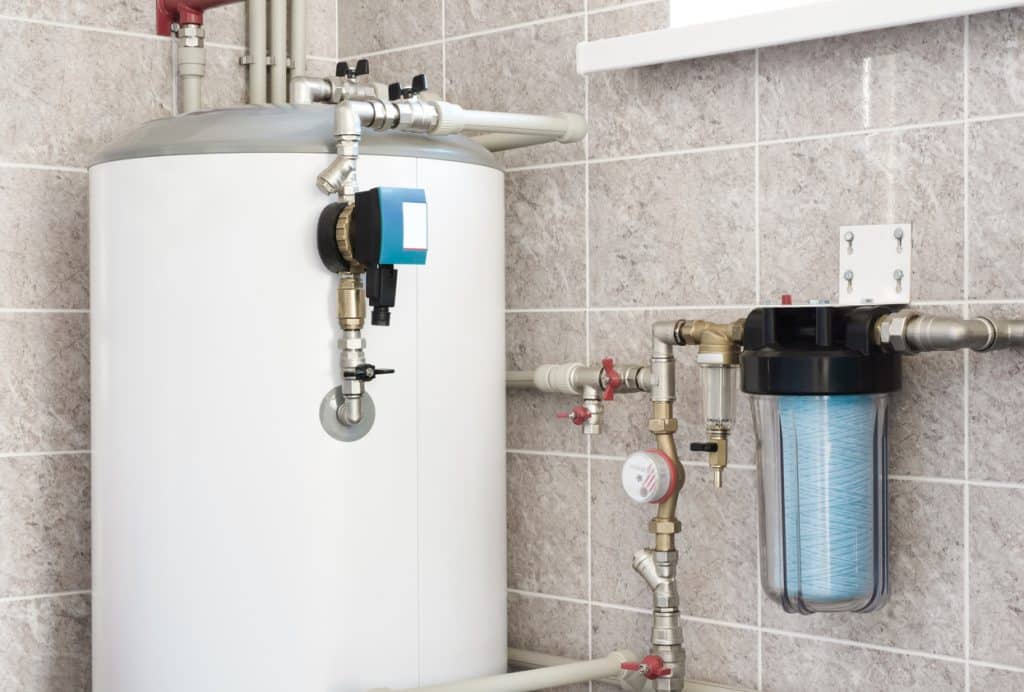When you first move into your home, it’s likely that your head is spinning with all of your new responsibilities. One easy thing to overlook is properly caring for your hot water heater. Fortunately, we’re going to break down what these responsibilities are and when to do them to ensure that your water heater lives a long and healthy life.
Routine Flushing
Tank-style water heaters are designed to store a large amount of preheated water. This water typically contains minerals that will settle at the bottom of the water heater’s cylindrical storage tank over time. If left unattended for too long, these sediments can prematurely corrode your water heater and shorten its overall lifespan.
Having your water heater flushed at least once a year is a good rule of thumb. If you live in a place with hard water, you should up this to at least two to three times per year. This is vital to removing excess sediment buildup and extending the overall lifespan of your water heater.
Check the Temperature Settings
Your water heater will have built-in thermostats that allow you to set the desired temperature of your water. You’ll find one at the bottom of your tank and one at the top. Most experts recommend setting your water heater thermostats to between 120 and 140 degrees Fahrenheit.
The higher you set the temperature, the more energy your water heater is going to use to achieve that temperature. It can be very helpful to start by setting your thermostat to 120 degrees and seeing if that works for your family. The lower you can set your thermostat and still be comfortable, the more money you’ll save on your monthly power bill.
Have Your Anode Rod Assessed Regularly
One defense mechanism that is installed inside your water heater to prevent corrosion is the anode rod. This is intended to attract unwanted sediments. Due to the nature of how these anode rods operate, they will deteriorate every few years.
It’s a good idea to have a plumbing professional assess the state of your anode rod every couple of years. While most water heaters have one anode rod, some higher-end options will have two to enhance the water heater’s longevity.
Taking the time to perform regular maintenance on your water heater helps to ensure that it will last a long time. If you’re currently having trouble with your water heater in the Grand Forks, ND or surrounding area, then it’s time to contact the professionals at Total Care Plumbing to get water heater repair service today.






